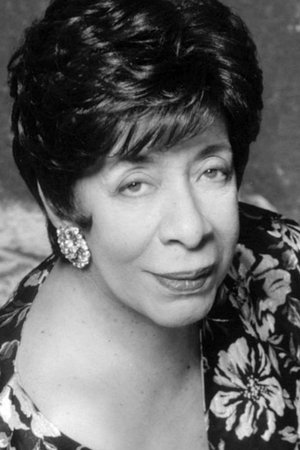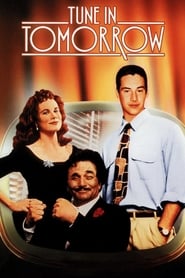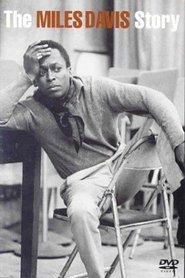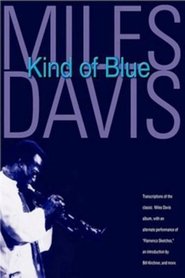
Shirley Horn
Shirley Valerie Horn (May 1, 1934 – October 20, 2005) was an American jazz singer and pianist. She collaborated with many jazz musicians including Miles Davis, Dizzy Gillespie, Toots Thielemans, Ron Carter, Carmen McRae, Wynton Marsalis and others. She was most noted for her ability to accompany herself with nearly incomparable independence and ability on the piano while singing, something described by arranger Johnny Mandel as "like having two heads", and for her rich, lush voice, a smoky contralto, which was described by noted producer and arranger Quincy Jones as "like clothing, as she seduces you with her voice". Shirley Horn was born and raised in Washington, D.C. Encouraged by her grandmother, an amateur organist, Horn began piano lessons at the age of four. Aged 12, she studied piano and composition at Howard University, later graduating from there in classical music. Horn was offered a place at the Juilliard School, but her family could not afford to send her there. Horn formed her first jazz piano trio when she was 20. Horn's early piano influences were Erroll Garner, Oscar Peterson and Ahmad Jamal, and moving away from her classical background, Horn later said that "Oscar Peterson became my Rachmaninov, and Ahmad Jamal became my Debussy." She then became enamored with the U Street jazz area of Washington (largely destroyed in the 1968 riots), sneaking into jazz clubs before she was of legal age. According to jazz journalist James Gavin, the small New York City record label Stere-O-Craft discovered Horn in Washington, D.C. and brought her to New York, to record her first album, 1960's Embers and Ashes. Horn had recorded with violinist Stuff Smith in Washington, D.C. in 1959, as a pianist in one of the rhythm sections featured on Cat on a Hot Fiddle. Unfortunately for Horn, Verve Records did not include her name on the album's list of backing musicians, and the experience did not raise her professional profile. (A later reissue of Stuff Smith's Verve recordings on Mosaic Records documented Horn's participation, and included three Horn vocal performances of George Gershwin songs that were left off the album.) Horn's Embers and Ashes record attracted the attention of jazz trumpeter Miles Davis, who praised Horn publicly and invited her to play intermission sets during his performances at the Village Vanguard. Davis's praise had particular resonance in two respects: because he was highly respected as a musician, and because he rarely offered public praise for fellow musicians at that time. A 1961 live performance recorded in St. Louis' Gaslight Square district was eventually released on LP under the title "Live" at the Village Vanguard. (A later CD reissue of this material was released under the title At the Gaslight Square 1961). ... Source: Article "Shirley Horn" from Wikipedia in English, licensed under CC-BY-SA 3.0.
Known For
Credits
- 2008 ·Miles Davis: Kind of Blueas Herself
- 2007 ·Shirley Horn Live at the Village Vanguardas
- 2001 ·The Miles Davis Storyas Self
- 1995 ·Antonio Carlos Jobim: An All-Star Tributeas Self - Vocalist and Pianist
- 1990 ·Tune in Tomorrow...as Jazz Singer
- 1972 ·Le Grand Échiquieras Self



